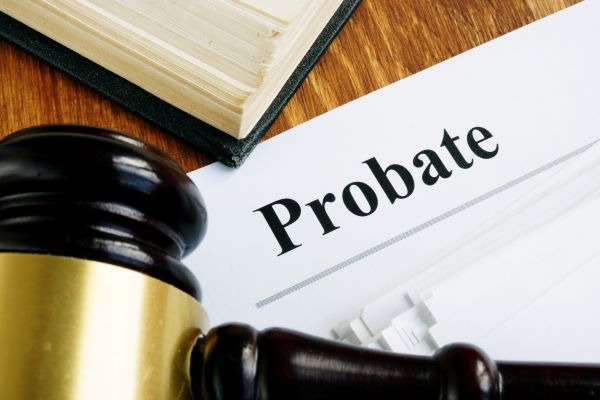Takeaways Regularly reviewing and updating your estate plan is crucial to ensure that your money…

Does the Probate Attorney Represent the Executor or Estate Heirs?
Understanding the lawyer’s role at the beginning of the probate process is one of the first things you should do, whether you are the Executor or an heir. One of the biggest sources of conflict in probating the estate is understanding the role of the lawyer hired by the Executor of a probate estate. Many Executors do not understand the probate process and leave the tasks up to the lawyer. The heirs of the estate may hear only from the lawyer or may hear the Executor say, “This is what the lawyer says we have to do.” This often raises the question, does the lawyer owe a fiduciary duty to the heirs of the estate since the Executor owes a fiduciary duty to the heirs?
The answer to that question depends on the state in which the estate is being probated. To be clear, this question is specifically about whether a lawyer owes the heirs of a probate estate a fiduciary duty, and not whether a lawyer owes a fiduciary duty in other contexts, such as to the beneficiaries of a trust when hired by a trustee, or a ward when hired by a guardian or conservator. The answer varies depending on each different circumstance.
Also, before answering the question, it is helpful to have an idea of some common activities created by fiduciary duties in the context of probating an estate:
- Duty to communicate: a duty to notify the beneficiaries the estate exists, identify the Executor, provide a copy of the inventory, provide copies of court filings, generally explain documents that require a beneficiary’s signature, etc. This duty to communicate is not the same thing as an attorney-client relationship, which means there is no attorney-client privilege and the attorney cannot give legal advice.
- Duty to account: provide regular estate accountings, which include explaining funds paid out of estate accounts for expenses.
- Duty to treat all beneficiaries equally: distribute estate funds at the same time, if a question arises as to how something in the Will is to be interpreted the attorney cannot interpret it, the court must interpret it.
Turning back to the question, whether the lawyer owes a fiduciary duty to the heirs of a probate estate depends on the state in which the estate is being probated. Only a few states require the lawyer to meet the same fiduciary duty to the estate heirs as the Executor. These states believe that since the Executor owes a fiduciary duty to the heirs and the lawyer owes a fiduciary duty to the Executor, the duty flows from the Executor to the lawyer.
Most states, however, take the position that the probate lawyer does not owe a fiduciary duty to the estate heirs. These states view the fiduciary duty owed by the Executor to the heirs as unique from the fiduciary duty owed by the lawyer to the Executor. Also, these states want to maintain the Executor’s ability to have protected communication with the attorney.
There is a small third set of states, including California, New Mexico, and Illinois, that apply a balancing test to determine who was the actually intended beneficiary of the attorney-client relationship, the Executor or the heirs. Each state has established its own test criteria, but some common questions the courts ask include: who was the intended beneficiary of the attorney’s services, the Executor or the heirs; what was the foreseeability of the harm to the heirs as a result of the malpractice; and what was the proximity of the misconduct and the damage to the heirs?
If you are the Executor hiring the attorney, ask what the law is. If you are an heir of the estate, the lawyer should give you some guidance. If the probate estate is in one of the majority states, the first letter from the attorney should start with a sentence that reads, “I have been retained by Mr. Smith, Executor of the Estate of Ms. Smith. It is important that you understand I do not represent you.” Otherwise, call and ask.
Everyone’s goal should be for the settling of the probate estate to go smoothly. Understanding the lawyer’s role will go a long way towards achieving that goal. We hope you found this article helpful. If you’d like to discuss your particular situation, please contact our Sherwood or Searcy office at 501-834-2070 to schedule a consultation.



